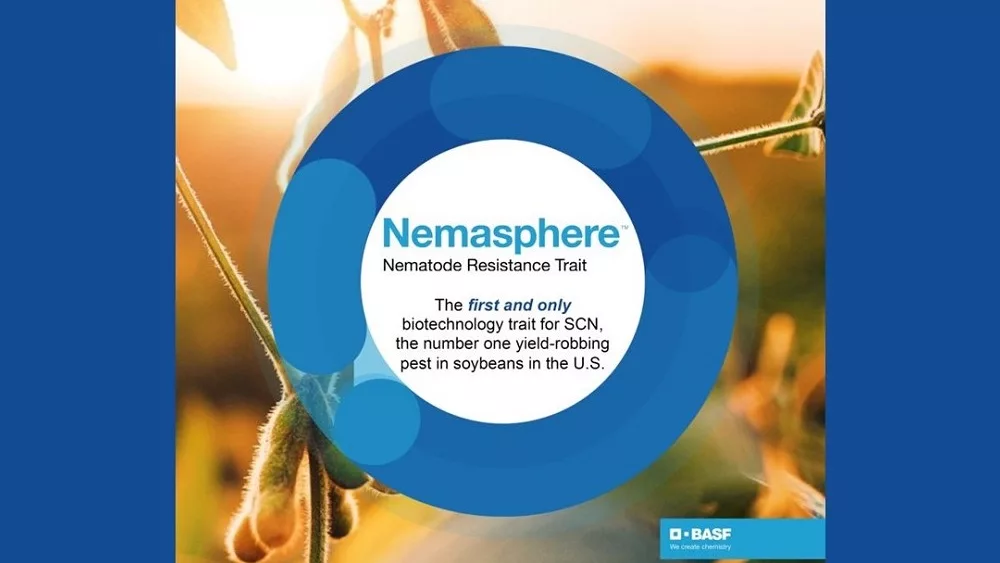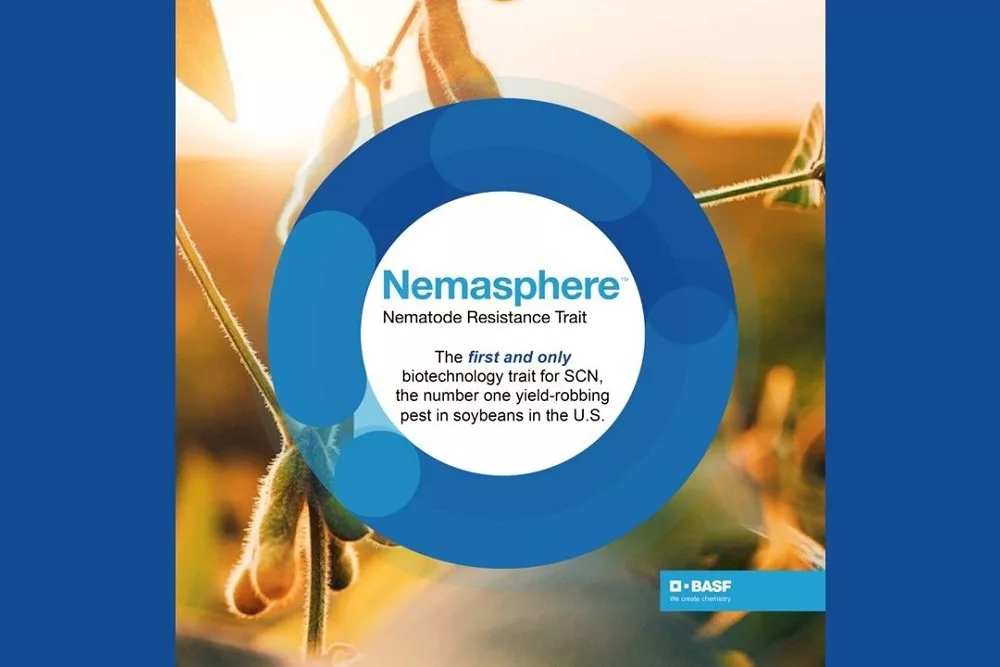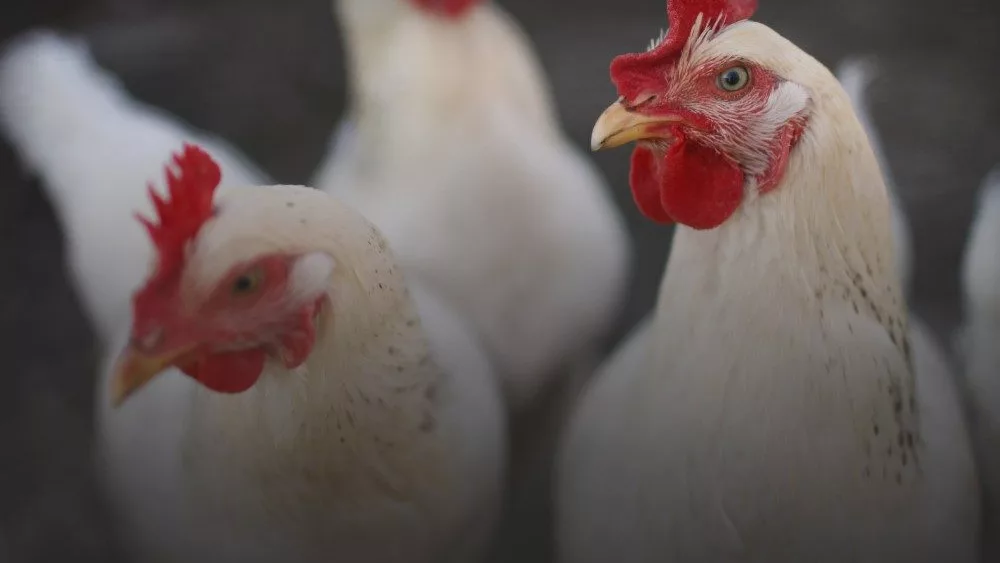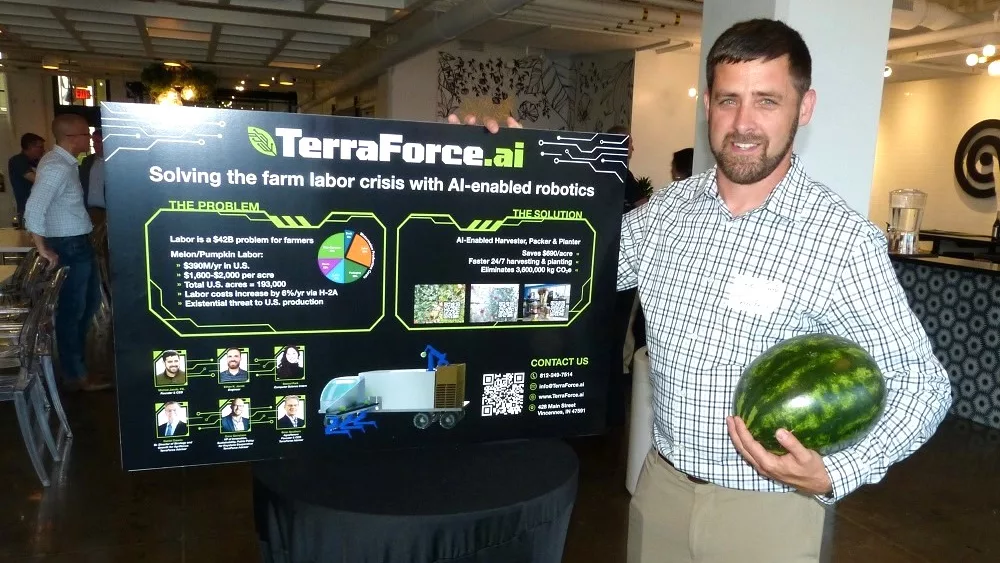A new development for soybeans could change the management of the crop’s biggest pest.
BASF Agricultural Solutions has introduced Nemasphere™ nematode resistance trait—which gives soybean producers another tool in the proverbial “toolbox” to tackle soybean cyst nematode (SCN).
Michael McCarville, BASF Trait Development Manager, says it’s the most groundbreaking innovation in SCN management in more than 60 years.
“The pest is not new. Soybean cyst nematode is the number one yield-reducing pathogen in the United States. It’s been that way for the last 50 years. Management has been rather stagnant for the last two to three decades, with most management relying on native resistance traits,” he said. “And with all great things in agriculture, pests adapt to good management tools. So, BASF is looking at bringing the first transgenic traits to market, Nemasphere™, to help improve soybean cyst nematode management for U.S. farmers.”
McCarville says the effectiveness of native SCN traits is declining significantly. To combat this problem, Nemasphere™ produces a protein that is ingested by nematodes. It interferes with nutrient uptake in their intestines which leads to the nematodes’ death. BASF is the first company to develop a transgenic trait to control the pest.
“Since management focuses around the planting of resistant varieties, and the pest has been adapting to that here, we’re going to bring in new technology, BT or Cry proteins, like the farmer knows for insect management in corn. We’re bringing that technology to soybean to manage soybean cyst nematode. This will be the first time in agriculture that we’ve used a BT or Cry protein for nematode management and so this is going to allow us to bring a totally new mode of action to attack that number one pest in soybean,” McCarville explained. “It’s going to allow us to stack a Cry protein with native resistance to get us to a level of SCN management that we need to be profitable.”
The technology is currently going through the registration process. McCarville expects growers to be able to plant the Nemasphere™ variety in the 2028 season.






